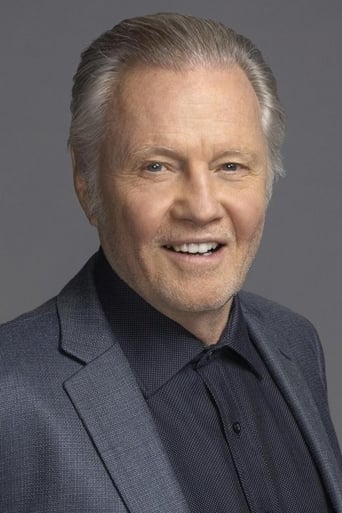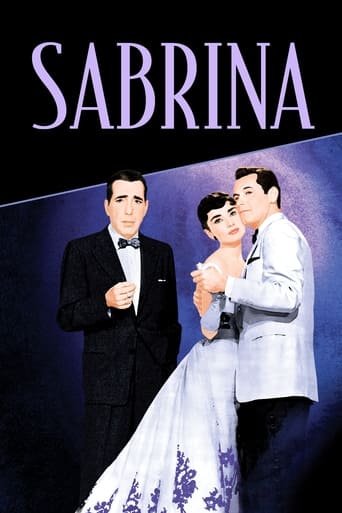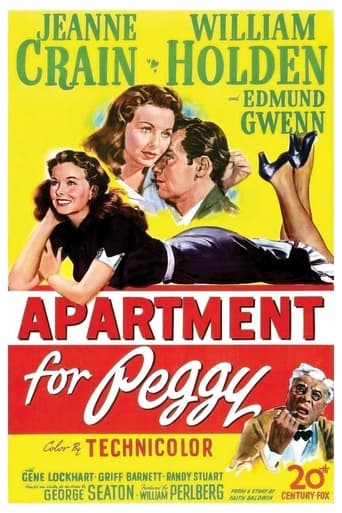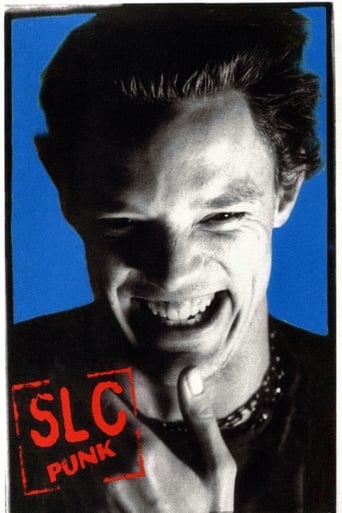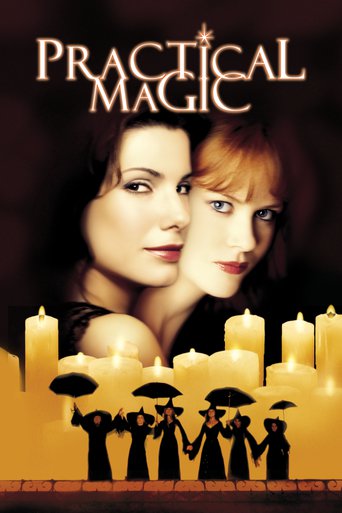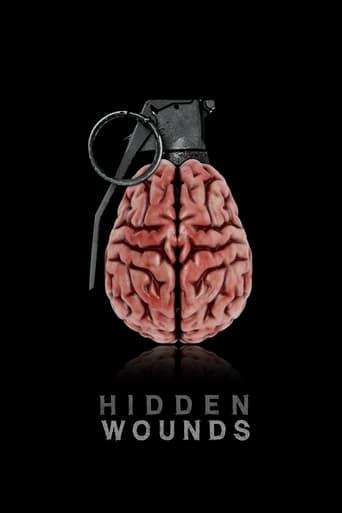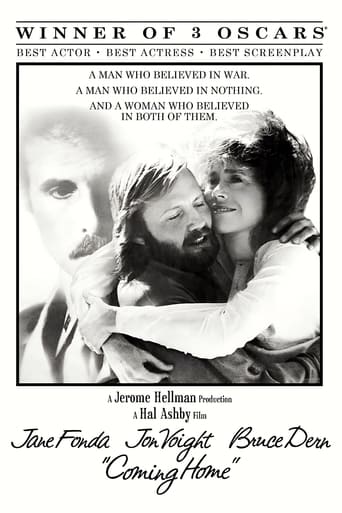
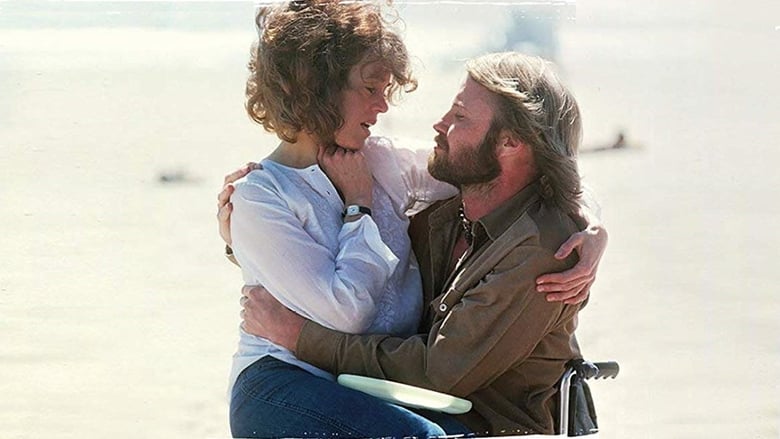
Coming Home (1978)
The wife of a Marine serving in Vietnam, Sally Hyde decides to volunteer at a local veterans hospital to occupy her time. There she meets Luke Martin, a frustrated wheelchair-bound vet who has become disillusioned with the war. Sally and Luke develop a friendship that soon turns into a romance.
Watch Trailer
Cast


Similar titles
Reviews
When all is said and done despite the Vietnam War and its aftermath for those who went and survived, Coming Home is your romantic triangle movie. Jane Fonda is married to Marine captain Bruce Dern who has been sent over to Vietnam in 1968 at the height of the hostilities. Wanting to do something to show she's behind her husband's endeavors, Fonda volunteers in a veteran's hospital and there meets paralyzed sergeant Jon Voight who is having trouble adjusting. She certainly helps him adjust.A lot of Coming Home with the veteran scenes is taken from The Men, the film about a VA hospital where in his cinematic debut Marlon Brando played a paralyzed veteran of Korea. That too was a war where we had no defined objectives in fact Harry Truman called it a 'police action'. Voight is a paraplegic just as Brando was, but as we find out at least there is one part of his anatomy that he and Fonda are grateful still functions.Which brings another movie comparison that of The Sun Also Rises where hero Jake Barnes is rendered impotent by his injuries. In the film adaption of that Hemingway novel Tyrone Power can only sit on the side as the woman he loves goes from man to man. Impotence is a subject even now most are reluctant to treat in film.But Voight helped by Fonda adjusts to his reduced life and in the end finds meaning and purpose. Dern who returns a medal winner cannot adjust and is inspired by Norman Maine. Both Voight and Fonda won Oscars for their roles, the best in leading categories. It is a pity Bruce Dern was not given a nomination as Best Supporting Actor. In many ways he outclasses both the leads in Coming Home.Coming Home could be remade today with the survivors of Afghanistan and Iraq. Just change those Sixties fashions.
The cast is first rate with the leads like Jane Fonda and Jon Voight winning their Oscars for their performances in this film about Vietnam. Jane played Sally Bender Hyde, a Captain's wife who volunteers at the Veterans hospital where she is reunited with Luke Martin (played by Voight) who is paralyzed from his injuries in Vietnam. Bruce Dern played Captain Bob Hyde, Sally's husband. Penelope Milford played Vi, Sally's friend, a sister of veteran (Robert Carradine played this role), and in love with Bink (Robert Ginty). Anyway Hal Ashby directed a classic film about love and war and how both can destroy and create at the same time. The ending with Dern at the beach really puzzled me. I won't say anymore about it without spoiling it. I really felt the sexual tension between Fonda and Voight in their characters. Fonda played a woman who is torn between two men. The reality of war is never far from the story of the film. In fact, many of the patients were actually Vietnam veterans themselves.
Not all wars were dealt with the same way by cinema, and I don't mean just in their reflection of public opinion. In World War Two Hollywood got fully involved in the propaganda movement, and movies made after the war looked mainly at reliving the heroism involved. By the height of the Vietnam war, Hollywood was more independent and the war was widely criticised. During wartime this was manifested in numerous examples of veiled anti-militarist commentary, but very little actual reference to the conflict itself. And even when the war finished, it was a couple of years before pictures about it started to be made, but when they did, the Vietnam war movie soon became a prolific subgenre in its own right. Coming Home was one of the earliest, and yet it remains one of the most honest and heartfelt. Made the same year as Oscar-sweeper The Deer Hunter, it dispenses with that picture's before-during-after structure, to focus purely on the aftermath.Coming Home has as its director the very direct and compassionate Hal Ashby. I don't know how Ashby would have handled a Vietnam action movie – he never really did anything so ostentatious – but his total focus here on the humanity of the situation makes the lack of some contextualising violence superfluous. Ashby does not use many extreme close-ups, but he is a master of a kind of shot that nevertheless makes a character dominate the screen, with Spartan backgrounds and few camera movements. He doesn't draw our attention too much to the undignified position of the veterans, and their wheelchairs seem almost coincidental in the shot, although he has a great knack of dropping in a reminder so subtly it looks unintentional. For example, there's a shot where Jane Fonda is wheeling along a paraplegic who is complaining about the lack of information he's been given about his situation, and just as he comes fully into view, we see her stick a "bowel and bed" sign on the end. Zoom lenses were overused in the 70s and their use often looks corny today, but Ashby spares them for moments when you are so totally absorbed in the scene you are unlikely to notice. There are a lot of reaction shots in Coming Home, often while a character continues speaking offscreen, for example during the pool-playing veterans conversation in the first scene, and Ashby really helps to make this a picture about reactions and reflections.This straightforward focus on people pays off in the superb acting performances. What's great about Jon Voight and Jane Fonda, is that their performances are so uncomplicated, unlike much of what passed for good acting at the time. They don't have the obviously improvised look of Robert De Niro or the deliberate gestures and mannerisms of Meryl Streep. They simply believe in their characters and act out the script. The result is that they come across as totally believable. Voight brings through such an amiable personality, and Fonda has such honesty to her every action, that we forget the potential awkwardness or inequality of a relationship between a disabled person and an able-bodied one, and simply see two people falling in love. The only over-the-top performance in the picture is that of Bruce Dern, but it works very well to make this character slightly ridiculous, giving a quality to his rage that is pathetic rather than truly threatening.And after all it is Bruce Dern who is really the most tragic figure of this story. The screenplay by Nancy Dowd, Waldo Salt and Robert C. Jones is bookended by his leaving for Vietnam and his coming home. In the opening credits, the recording of The Rolling Stones' Out of Time seems to imply that he's the "poor, deluded" one. He may be a bit of a pompous fool, and the antagonist as far as Fonda and Voight's affair goes, and yet he becomes curiously sympathetic. While Voight's character makes his psychological recovery, Dern becomes a victim, not so much of the war but of military life.It's this kind of humanist insight that makes Coming Home what it is. In 1950 there was a movie with a similar plot called The Men, which looked very frankly at the harrowing circumstances of a man made paraplegic in World War Two. Coming Home however does not go into the gory details of disability or even particularly highlight the indignity of Voight's condition. The heart of the movie is in scenes like Voight crying to Robert Carradine's guitar playing, or getting some cheeky kids to help him with his shopping. Even the scenes of protest against the war are not nearly as polemical as in Born on the Fourth of July, but more a sombre reflection of the times. It is less like The Men, and more like Vietnam's version of The Best Years of Our Lives. It's a picture about social cohesion, and the healing of wounds after conflict has ended.
COMING HOME (1978), Hal Ashby's anti-Vietnam drama concerning the war fought at home is certainly one of the most gripping films concerning the soldiers of USA made. Sally, (Jane Fonda won Best Actress) who's volunteered to work at the local veteran's hospital while her husband (Bruce Dern) is overseas fighting in the war, falls in love with paraplegic patient Luke (Jon Voight, who won Best Actor). The story is immediately gripping, much because of Hal Ashby's sensitive and caring direction, and though it almost slips into sheds of melodrama from time to time, it takes on a mature approach. The difficulties of this film confronting the sexual nature of the affair between Voight and Fonda, and the confused and unfocused despair of the soldiers who returned home are greatly handled with care and tact, and especially involving is the love relationship. Fonda's character seems naive, caring, and without any specific opinion about anything, and she literally bumps into Voight as he's propelling himself through the hospital corridors, strapped to a bed - he's angry because of the way he's being treated, and so the crash-in with Fonda results with spoils of his urine-bag all over him, the floor, and her. It's a great scene that shows the humiliation both of them goes through, he because of his handicap, and she because of her job. They both went to the same high school, but only knew each other by name (as he humorously remarks), and the observation of these two human beings falling in love is quite beautiful. Ashby lets his favorite music fall like raindrops throughout, and as they don't serve any ironic or obvious comment (apart from Tim Buckley's "Once I Was" in the powerful ending), I don't really see their effect besides punctuating the cultural wave of the late 60ties. However, this is 70s American film-making with a big heart that wants to say a lot about war, and everything it does to those closely involved.



